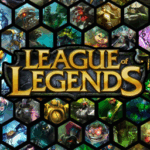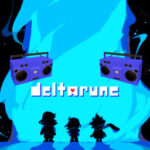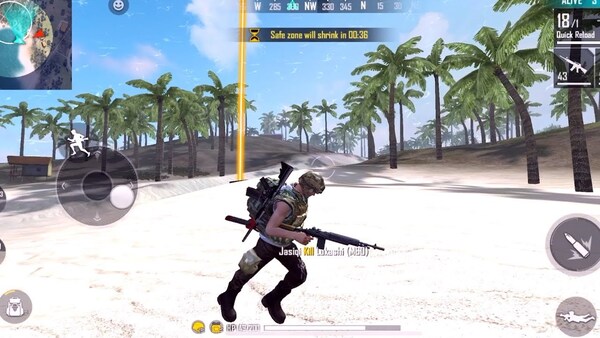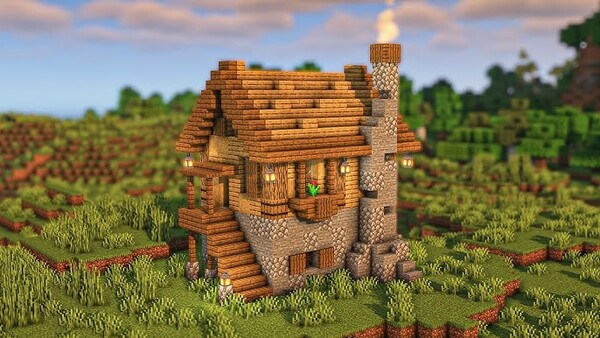Popular Now
inZOI’s defining breakthrough isn’t just in lifelike visuals or open city design—it’s the Smart Zoi AI, a system that transforms its simulated citizens into fully autonomous, self-aware agents. With over 400 mental attributes, needs, and karma-based consequences, each Zoi evolves independently, shaping society as part of an intricate living ecosystem. More than just reacting to commands, Zois make decisions, form opinions, carry out routines, gossip, and adapt, enabling a city that feels genuinely alive. This article dives deep into how Smart Zoi works under the hood, how it affects gameplay, and what it means for the future of simulation games.
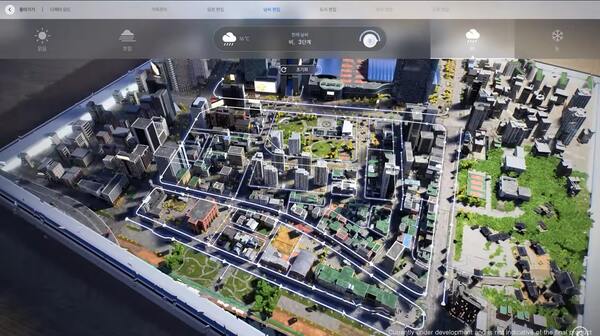
1. The Birth of Smart Zoi: From Concept to Reality
The idea for Smart Zoi emerged in early 2023 under director Hyungjun Kim and the inZOI Studio team at Krafton. Their vision was ambitious: to create a living world where simulated people could function on their own, adapting dynamically to events, personalities, and environments.
Built on Unreal Engine 5, the team moved beyond scripting static behavior trees. Instead, they created a data-driven AI framework that allowed each Zoi to store up to 400 psychological and behavioral parameters—ranging from honesty and loyalty to ambition and stubbornness. These data points directly influence their behaviors, enabling reactive, evolving simulations without needing direct player control.
The result was a world where life continues with or without the player—Zois make decisions, go to work, ignore or pursue relationships, spread gossip, fall ill, or become local legends, all without being explicitly guided.
2. The Mental Trait System: Complexity Behind Every Zoi
What makes each Zoi feel unique is their internal “trait matrix.” Unlike basic personality archetypes seen in other life sims, inZOI assigns each individual a vast combination of mental traits. These include base-level values like cleanliness, bravery, or charisma, and meta-traits like suspicion, adaptability, or moral flexibility.
Traits are dynamic and reactive. If a Zoi consistently engages in dishonest behavior, their karma stat may drop, making them more likely to steal, lie, or isolate themselves. Conversely, a generous Zoi might rise in reputation, unlocking new storylines like being voted into neighborhood councils.
This dynamic feedback loop means Zois can evolve over time—not just act out their preset roles. A shy introvert might gradually become a community organizer due to positive interactions, while an ambitious clerk could sabotage coworkers and climb the ladder ruthlessly.
3. Needs and Daily Routines: Autonomy in Action
Beneath the personality system lies an eight-need model that drives moment-to-moment behavior. These include:
-
Hunger
-
Hygiene
-
Bathroom
-
Fun
-
Social
-
Energy
-
Sleep
-
Recognition
Each Zoi monitors these needs constantly. If hunger drops too low, they’ll seek food—at home, restaurants, or food stands. When fun decreases, they’ll explore arcades or chat with friends. When sleep becomes critical, they’ll abandon tasks and return home.
What makes this powerful is the lack of direct player control. Zois act autonomously, evaluating priorities and choosing from available city resources. Their schedule isn’t rigid—it's flexible, adaptive, and unpredictable. The result is a city that feels alive, where characters have their own goals, routines, and improvisational moments.
4. Relationships, Gossip, and Social Ecosystems
Social systems in inZOI are not scripted cutscenes—they’re fluid, systemic interactions. Zois engage in spontaneous greetings, deep conversations, or even passive-aggressive exchanges based on relationship scores and personality alignment.
The gossip mechanic is especially innovative. When two Zois converse, one may share a rumor, which then propagates through their network. This can impact reputations citywide. A Zoi accused of cheating may lose friends, be shunned by coworkers, or have events canceled. Similarly, a generous donor may find themselves celebrated in local parks or shops.
Karma plays a significant role. Bad karma affects job promotions and friend suggestions, while good karma boosts reputation and unlocks new community events. The way Zois view each other—and how those views spread—forms the backbone of a responsive, emotional social system.

5. City-wide Dynamics: Society as Simulation
The Smart Zoi AI doesn’t operate in isolation. Instead, it scales up into macro-systems affecting the entire city. For example, a flu outbreak begins when one Zoi gets infected and spreads it through physical contact or proximity. The illness can then move through public transport, workplaces, and apartment complexes.
Neighborhood hygiene scores affect disease spread and morale. Cities like Bliss Bay with high cleanliness see fewer sickness events, while neglected areas spiral into chaos. Similarly, city-wide trends like music fads, fashion choices, or political sentiments emerge organically through Zoi interactions.
These dynamics are persistent. Whether the player is online or not, the simulation continues. You might return to find your Zoi fired, promoted, dating a neighbor, or even caught in a city-wide strike.
6. Player Interaction: Nudging vs. Controlling
One of the philosophical shifts in inZOI is that the player isn’t a puppeteer—they’re more like a mayor or director. Instead of giving direct commands, you “nudge” Zois in certain directions.
Want your Zoi to befriend someone? Suggest an introduction. Want them to sabotage a roommate? Drop in a tempting object or provoke a situation. You can also influence environments by designing spaces that encourage certain behaviors—creating a romantic café or a chaotic club, for instance.
The Canvas storytelling tool enhances this. It allows players to create custom Zois, assign initial traits and backstories, place them in specific neighborhoods, and watch their lives unfold. This offers endless narrative potential, without writing a single script.
7. AI Limitations and Early Access Bugs
As revolutionary as Smart Zoi AI is, it’s far from perfect. Early access players have reported several limitations. For one, certain routines feel repetitive—Zois eat, sleep, and go to work in loops that sometimes lack meaningful deviation.
Additionally, deeper narrative arcs are often missing. While karma and gossip exist, consequences sometimes feel hollow. A Zoi might earn infamy, but still get invited to every party. Skills also stagnate—there are no clear learning systems that allow Zois to become better at things over time without player input.
Environmental interactions, though detailed (such as mopping and cleaning), rarely evolve or affect the world long-term. A neighborhood may stay dirty or clean indefinitely, regardless of events.
8. Early Community Feedback: Features Under Construction
Despite flaws, players see massive potential. Reviews praise the feeling of a truly autonomous world, especially the chaos that erupts when Zois are left unchecked. Players have witnessed riots, infestations, and bizarre love triangles unfold entirely without intervention.
The cleaning and disease systems, in particular, have drawn praise for realism. Zois mop floors, disinfect homes, and react to sick peers realistically.
However, feedback consistently asks for more emergent group behavior—friends hanging out together, families organizing events, or NPCs initiating dates and sports games. Currently, interactions feel shallow beyond basic chatter and functional routines.
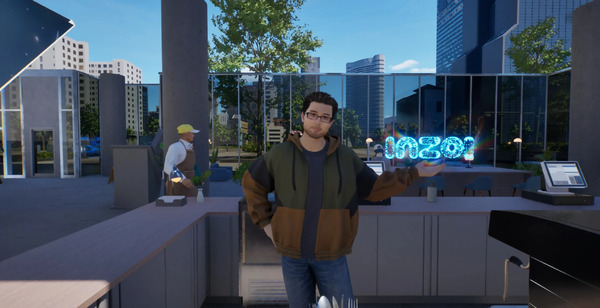
9. Roadmap, Modding, and Future AI Enhancements
inZOI’s development team has acknowledged community concerns and laid out an ambitious roadmap. By late 2025, the game will introduce:
-
Modding tools for Blender and AI scripting
-
An expanded “World Canvas” for city-scale story editing
-
Social events like group dates, family reunions, and protests
-
Mental health mechanics—Zois experiencing depression, anxiety, or burnout
-
Financial market simulations and crisis modeling
Karma will also become more consequential: low-karma Zois may face jail, lose custody of pets or children, or be targeted by watchdog NPCs. High-karma Zois may be elected as mayors, win scholarships, or inspire public monuments.
These systems aim to move Smart Zoi from a mechanical framework to a fully emotional, dynamic life simulator.
10. Smart Zoi’s Genre Impact and Future Outlook
Smart Zoi AI represents a paradigm shift for life simulations. Whereas The Sims and its counterparts focused on player control and predictable systems, inZOI presents a world that exists without you. The city breathes, changes, remembers—and sometimes rebels.
While it currently struggles with narrative depth and meaningful consequences, its foundational AI architecture is years ahead of anything else in the genre. Its eventual potential lies in unlocking generational stories, societal conflict, psychological arcs, and neighborhood drama without a single developer scripting the events.
If the Smart Zoi system delivers on its long-term promise, inZOI won’t just be a competitor to The Sims—it will be its evolution.
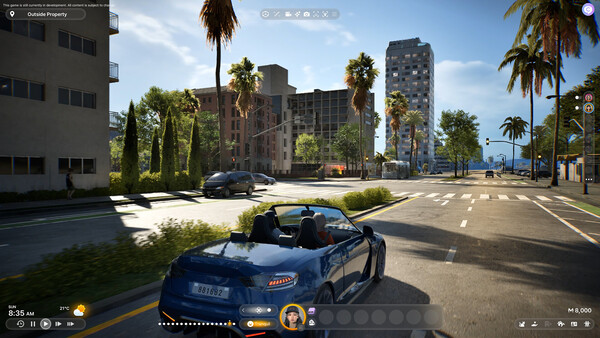
Conclusion
At the heart of inZOI lies Smart Zoi AI—a system designed to create not just characters, but fully realized individuals navigating a shared, evolving world. With 400+ traits, karma, social networks, and need-driven autonomy, it redefines what we expect from life simulation. While current limitations reveal its early-access status, the vision is clear: a self-sustaining, emotionally rich, chaos-friendly simulation where players influence rather than control. As modding, traits, and dynamic storytelling improve, Smart Zoi has the potential to turn inZOI from a tech demo into the most intelligent life simulation game ever created.



